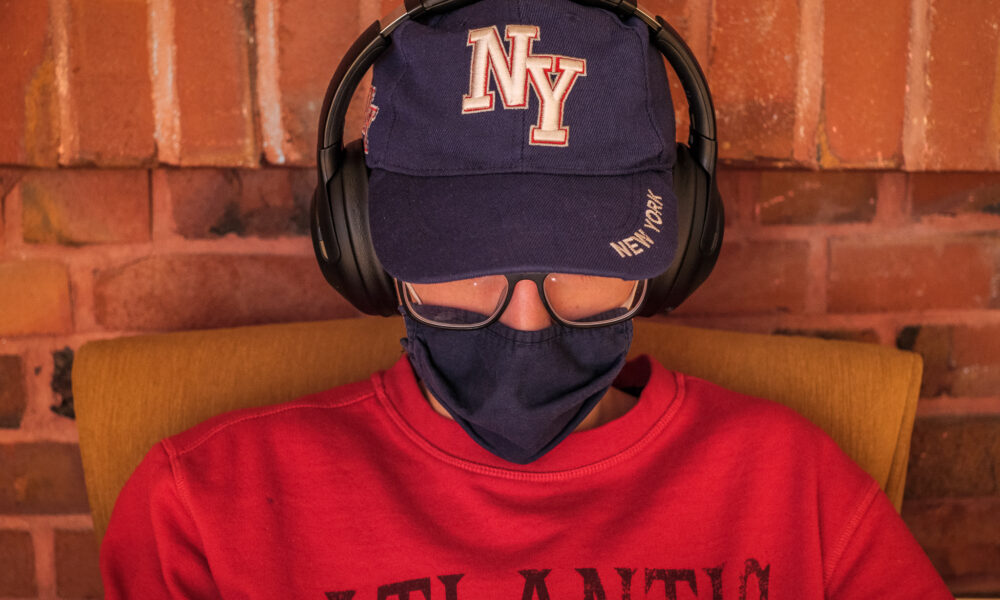Recently, The Joe Rogan Experience, now a Spotify-exclusive podcast that brings in an estimated 11 million listens per episode, has come under scrutiny for platforming COVID-19 misinformation. The episode that initially spread controversy featured an interview between host Joe Rogan and Dr. Robert Malone, in which the pair discussed multiple conspiracies involving mRNA-based COVID-19 vaccines. Following the release of the episode, Rogan and Malone faced backlash from both the medical community and the general public for their discussion of the subject, where they discouraged healthy young people from getting the vaccine and claimed that mRNA vaccines are gene therapy.
In the days following, Spotify listeners and artists alike demanded that the platform take action to combat the spread of misinformation. On Jan. 24, artist Neil Young asked the service to choose between him and Rogan—Spotify removed Young’s music from the platform. His departure was followed by Joni Mitchell’s soon after. After the public outrage, Spotify added disclaimers on Rogan’s podcast and created a COVID-19 information hub in an effort to facilitate access to accurate information. Despite these surface-level actions, Spotify remains above all committed to profit in refusing to reconsider its partnership with Rogan. In order to show a real commitment to combating misinformation, the platform should condemn and demonetize this kind of content.
In the statement it released as part of the launch of its information hub, Spotify did not address the issue with Rogan’s content specifically, nor did they acknowledge their policies surrounding the monetization of harmful misinformation. Indeed, Spotify should follow the lead of other streaming services, such as YouTube, which have policies in place to demonetize content that could be considered harmful. In Spotify’s case, acting responsibly would include revoking their exclusive $100-million podcast deal with Rogan that currently remains in effect.
Beyond demonetizing harmful content, Spotify has an obligation to its platform’s users to promote and provide information in line with science. While creating a COVID-19 hub is a welcome start, they must also invest in creators who are working to educate the public. Take, for example, Foreign Policy’s podcast Don’t Touch Your Face: Spotify could make this accurate information more accessible by advertising it on the main pages of its platform. The streaming service must realize that the safety of its listeners—and of the public, more broadly—should come before sensationalist anti-science content creators who cause harm by spreading misinformation.
Although the onus is on Spotify to take action to protect listeners, Spotify users themselves have a role to play as conscious consumers. Since many McGill students are active Spotify users, it is important for them to employ a critical ear when consuming the platform’s content. This means actively engaging with creators who spread accurate information. While everyone has different listening preferences, it is important to seek out multiple––factual––perspectives while gathering knowledge, especially knowledge related to health and science. Moreover, from the listener’s perspective, demanding more of creators and platforms will only help produce better content. Having high expectations would mean recognizing and promoting creators who create accurate and reliable content, and protesting those who do not.
Ultimately, it is the responsibility of streaming and social media platforms to help combat misinformation by promoting reliable content and creators. However, if the platform itself refuses to do so, it is integral that its users consume media through a critical lens and actively promote correct information within their communities. What the Joe Rogan conflict has revealed is that now more than ever, creators, streaming platforms, and consumers must intentionally seek out and share reliable information.







